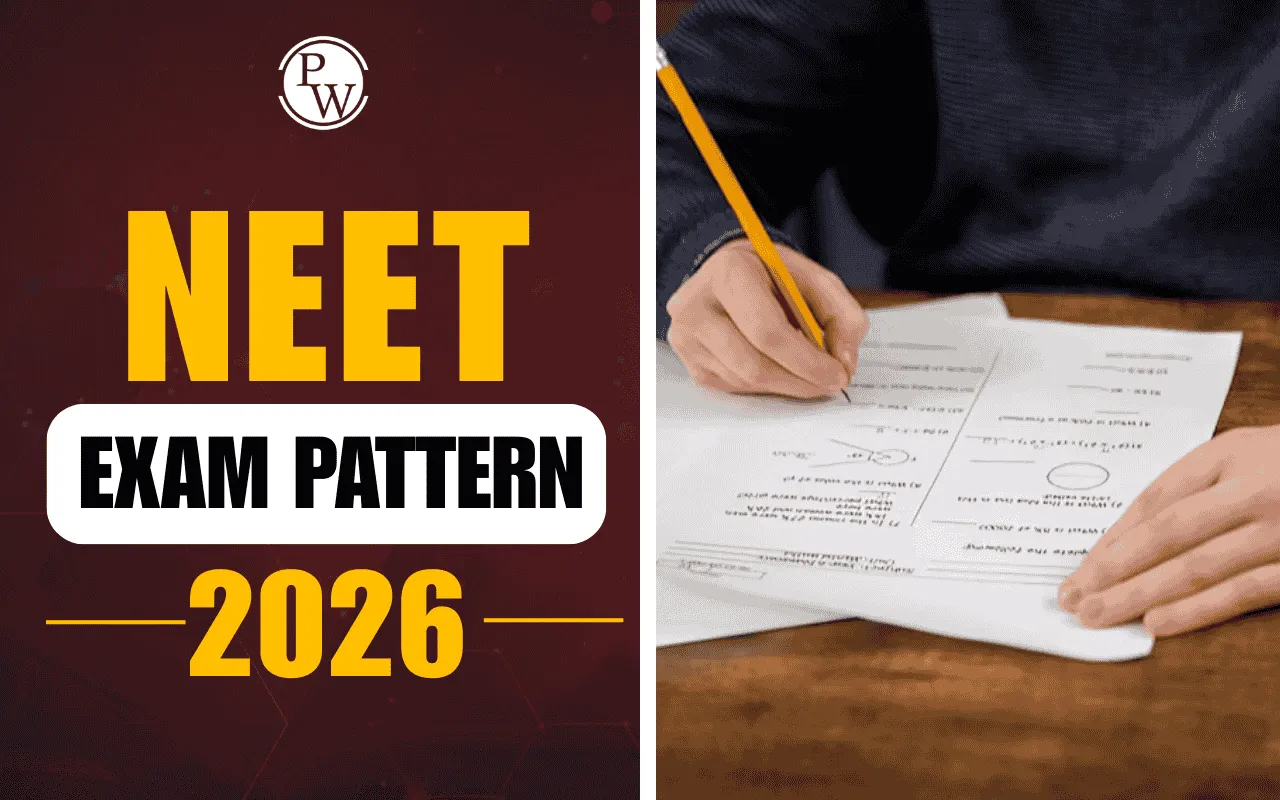
Difference Between Addition And Condensation Polymerization : Addition polymerization involves the successive addition of unsaturated monomers to form a polymer without the elimination of by-products. This process occurs through the activation of double or triple bonds in monomers, yielding polymers with structures identical to their monomeric units.
On the other hand, condensation polymerization entails the linking of monomers with the simultaneous elimination of small molecules like water or alcohol. This process occurs through the reaction of functional groups on monomers, resulting in polymers with structures different from their previous monomeric structure.Difference Between Addition And Condensation Polymerization
In addition polymerization, monomers with unsaturated bonds undergo successive addition reactions, resulting in polymers with the same structure as the monomers. This process does not produce any by-products. On the other hand, condensation polymerization involves monomers reacting to form polymers while eliminating small molecules like water or alcohol as by-products. The resulting polymers have structures different from the monomers. Understanding these differences is important in polymer and NEET chemistry for creating synthesis methods and predicting polymer properties based on the polymerization mechanism employed.Difference Between Addition And Condensation Polymerization Overview
Below the NEET aspirants can find the Difference Between Addition And Condensation Polymerization based on all the parameters. This simplified table will help you to build your understanding of each concept. Check it out and prepare better for the NEET exam.| Difference Between Addition And Condensation Polymerization | ||
|---|---|---|
| Parameter | Addition Polymerization | Condensation Polymerization |
| Process Type | Chain-growth polymerization | Step-growth polymerization |
| Monomer Structure | Monomers have unsaturated bonds (double or triple). | Monomers have functional groups capable of reacting with each other (e.g., -OH, -COOH). |
| By-Products | No by-products are formed during polymerization. | By-products (usually small molecules like water or alcohol) are formed during polymerization. |
| Reaction Initiation | Typically initiated by heat, light, or chemical initiators. | Initiated by a reaction between functional groups on monomers (e.g., -OH and -COOH). |
| Polymer Structure | The polymer chain has the same structure as the monomers. | The polymer chain may have a different structure than the monomers due to the elimination of by-products. |
| Reaction Rate | The reaction rate is usually faster. | The reaction rate can be slower due to stepwise reactions and by-product elimination. |
| Polymer Purity | High purity, as no by-products are formed. | May have lower purity due to the presence of by-products. |
| Examples | Polyethylene, Polypropylene. | Polyester, Nylon, Polyurethane. |
Definition of Addition Polymerization
Addition polymerization is a process in which unsaturated monomers (monomers with double or triple bonds) join together without the elimination of any by-products. The polymer chain grows by the repeated addition of monomers. Initiation is often triggered by heat, light, or chemical initiators. Examples include polyethylene, formed from the addition polymerization of ethylene, and polypropylene, formed from propylene.
Definition of Condensation Polymerization
Condensation polymerization involves the linking of monomers with the simultaneous elimination of small by-products, such as water or alcohol. This step-growth process occurs through the reaction of functional groups on monomers. Examples include polyester, formed by the condensation polymerization of dicarboxylic acids and diols, and nylon, formed from the reaction of diamines and dicarboxylic acids. Join PW NEET online coaching , where Our expert tutors, interactive classes, and comprehensive study materials ensure your success. Experience the real-time exam environment, track progress, and benefit from personalized guidance to elevate your preparation level.Difference Between Addition And Condensation Polymerization FAQs
What is the difference between condensation polymerization and copolymerization?
Condensation Polymerization: Involves the formation of polymers with the simultaneous elimination of small molecules (such as water or alcohol) during each step of the polymerization process.
Copolymerization: Involves the polymerization of two or more different monomers, leading to the formation of a copolymer. No small by-products are eliminated during copolymerization.
What is the difference between step polymerization and addition polymerization?
Condensation Polymerization:Involves the gradual growth of polymer chains through the stepwise reaction of monomers, with the elimination of by-products like water or alcohol.
Addition Polymerization: Features the direct addition of monomers with unsaturated bonds, typically initiated by heat, light, or chemicals. No by-products are produced in this process.
How is Addition Polymerization Different from Condensation Polymerization?
Addition Polymerization - Involves the direct addition of monomers without the elimination of by-products. Polymers have the same structure as the monomers.
Condensation Polymerization - Involves the linking of monomers with the simultaneous elimination of small molecules. Polymers have structures different from the monomers.
What is the difference between polymerization and polycondensation?
Polymerization - A general term for the process of forming polymers, encompassing both addition and condensation polymerization.
Polycondensation - Specifically refers to a type of condensation polymerization where small molecules (water, alcohol) are released as by-products during the polymerization process.
What are the 2 Types of Polymerization?
Addition Polymerization - Involves the direct addition of monomers without the elimination of by-products.
Condensation Polymerization - Involves the linking of monomers with the simultaneous elimination of small molecules.
🔥 Trending Blogs
Talk to a counsellorHave doubts? Our support team will be happy to assist you!

Check out these Related Articles
Free Learning Resources
PW Books
Notes (Class 10-12)
PW Study Materials
Notes (Class 6-9)
Ncert Solutions
Govt Exams
Class 6th to 12th Online Courses
Govt Job Exams Courses
UPSC Coaching
Defence Exam Coaching
Gate Exam Coaching
Other Exams
Know about Physics Wallah
Physics Wallah is an Indian edtech platform that provides accessible & comprehensive learning experiences to students from Class 6th to postgraduate level. We also provide extensive NCERT solutions, sample paper, NEET, JEE Mains, BITSAT previous year papers & more such resources to students. Physics Wallah also caters to over 3.5 million registered students and over 78 lakh+ Youtube subscribers with 4.8 rating on its app.
We Stand Out because
We provide students with intensive courses with India’s qualified & experienced faculties & mentors. PW strives to make the learning experience comprehensive and accessible for students of all sections of society. We believe in empowering every single student who couldn't dream of a good career in engineering and medical field earlier.
Our Key Focus Areas
Physics Wallah's main focus is to make the learning experience as economical as possible for all students. With our affordable courses like Lakshya, Udaan and Arjuna and many others, we have been able to provide a platform for lakhs of aspirants. From providing Chemistry, Maths, Physics formula to giving e-books of eminent authors like RD Sharma, RS Aggarwal and Lakhmir Singh, PW focuses on every single student's need for preparation.
What Makes Us Different
Physics Wallah strives to develop a comprehensive pedagogical structure for students, where they get a state-of-the-art learning experience with study material and resources. Apart from catering students preparing for JEE Mains and NEET, PW also provides study material for each state board like Uttar Pradesh, Bihar, and others
Copyright © 2026 Physicswallah Limited All rights reserved.









